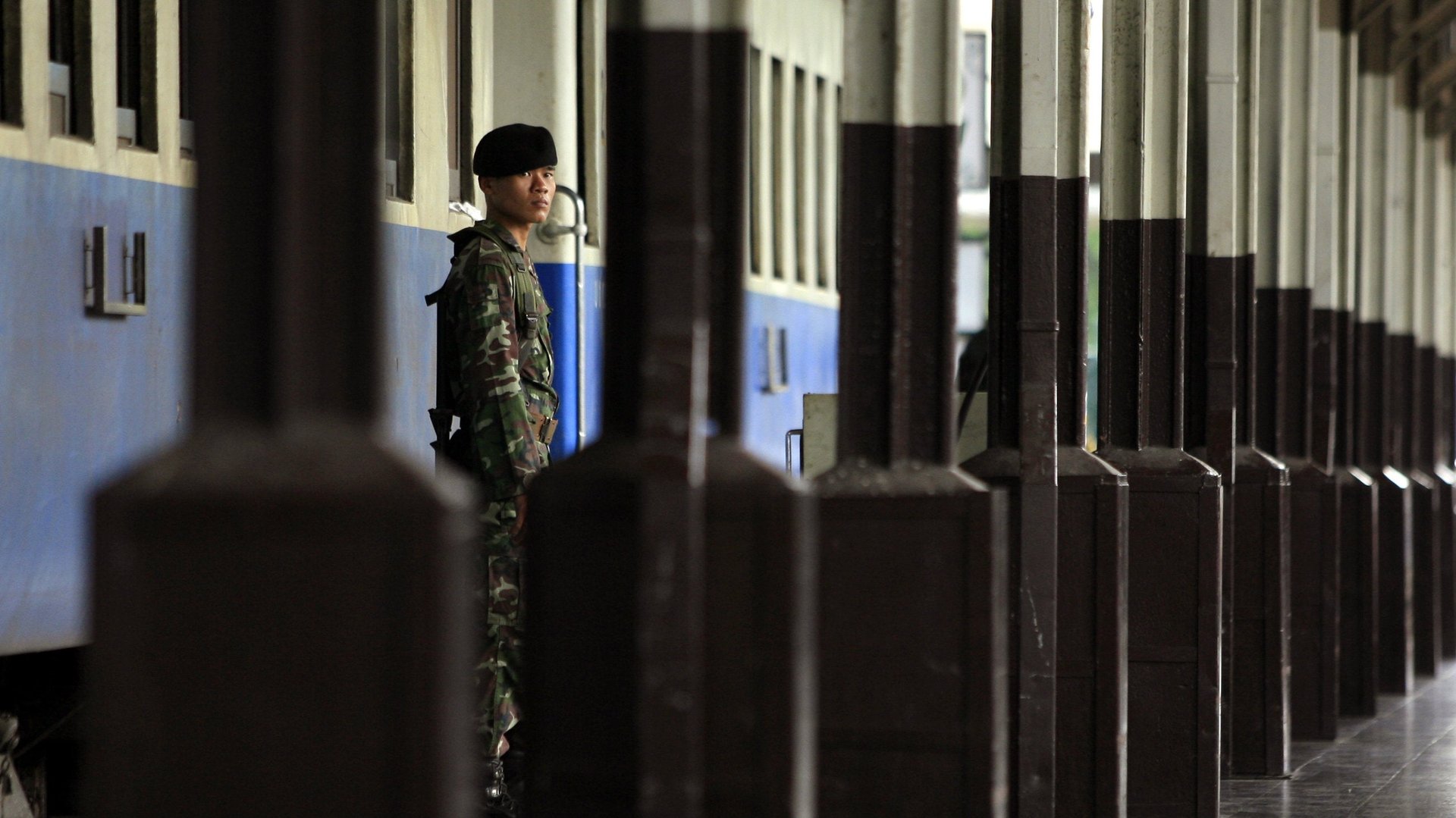Another Chinese national has gone missing in Thailand
A Chinese activist and former newspaper writer has disappeared in Thailand, Radio Free Asia reports.


A Chinese activist and former newspaper writer has disappeared in Thailand, Radio Free Asia reports.
Li Xin, who once worked as an editor at outspoken newspaper Southern Metropolis Daily, entered the country on Jan. 1 from India, his wife told RFA, and boarded a train to Laos nine days later. She has not heard from him since.
Li reportedly left China for India in October, after authorities in Beijing tried to recruit him as an informer who would spy on other activists. His application for political asylum was denied in Delhi, because India does not grant political asylum to Chinese nationals. He intended to pass through Thailand and then on towards Laos.
Li’s wife says that Thai authorities have not cooperated with a friend’s requests to investigate her husband’s disappearance. She tried to leave China earlier and was stopped.
Li’s disappearance is the latest example of Chinese authorities heavy-handed crackdown on critics, activists, and writers. Gui Minhai, a Hong Kong-based publisher of controversial books about the Chinese Communist Party, went missing in Thailand in October. This past weekend, he appeared on Chinese state television apologizing for killing a young woman in a drunk driving accident. Observers believe Gui’s confession was coerced. Other Hong Kong booksellers have gone missing as well.
Disappearances and detentions have affected foreign nationals as well. Swedish citizen Peter Dahlin, who worked at a human rights-focused NGO in China, disappeared last week, then appeared in a broadcast confession days later.
The US Department of State spokesman criticized these incidents on Jan. 21, saying they undermine China’s claims to respect the rule of law:
The United States is concerned about the number of people recently, also including European citizens, who appear to have been coerced to confess to alleged crimes on state media, often before the commencement of any trial or the announcement of any charges. Some of these people have not been afforded any legal or consular representation, and there are also instances in which foreign nationals appear to have been brought to mainland China against their will and by extra-legal means. These actions undermine China’s claim to be a rule of law society and run contrary to China’s human rights commitment, and hinder its attempts to build a more transparent and effective justice system.